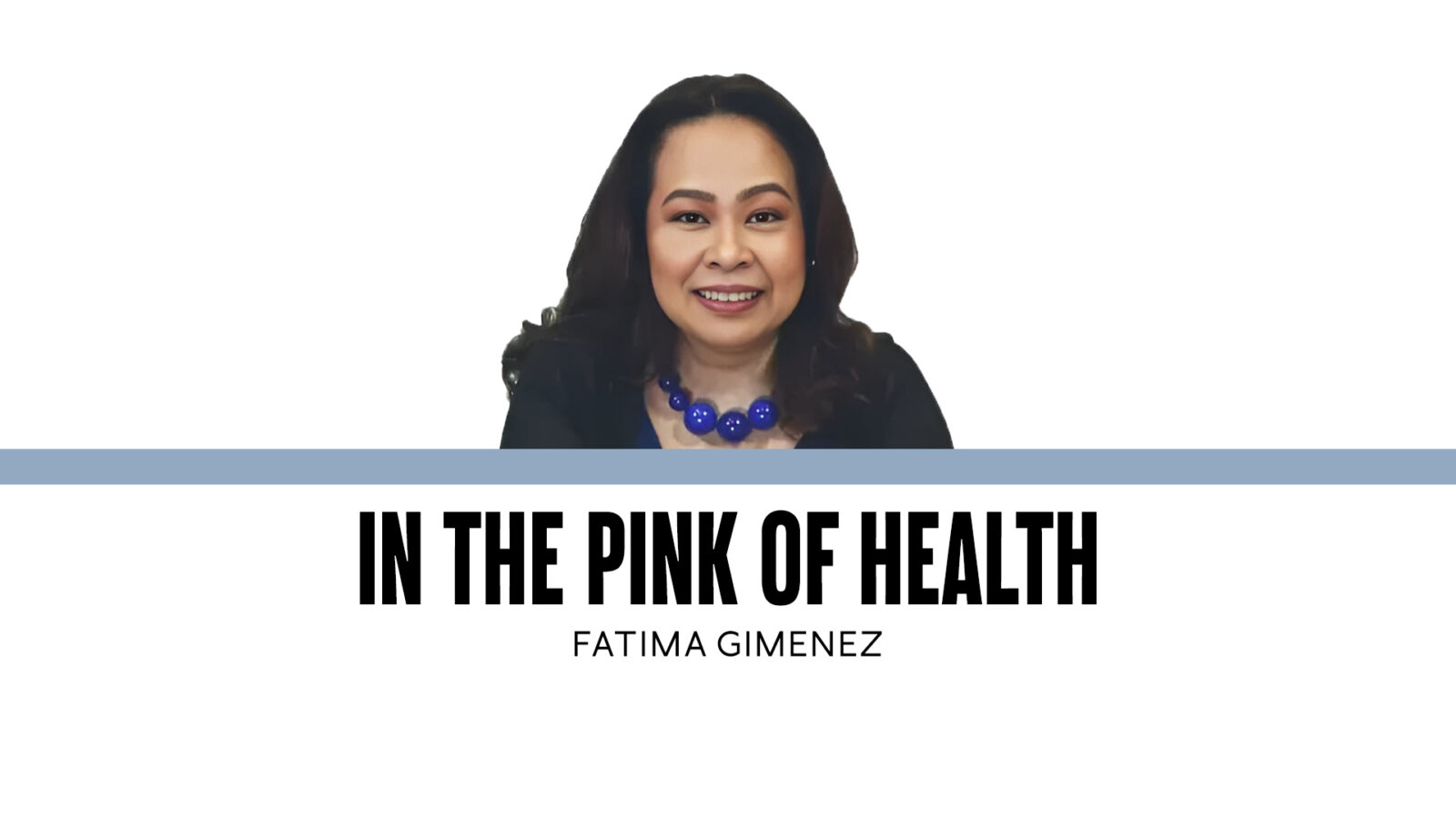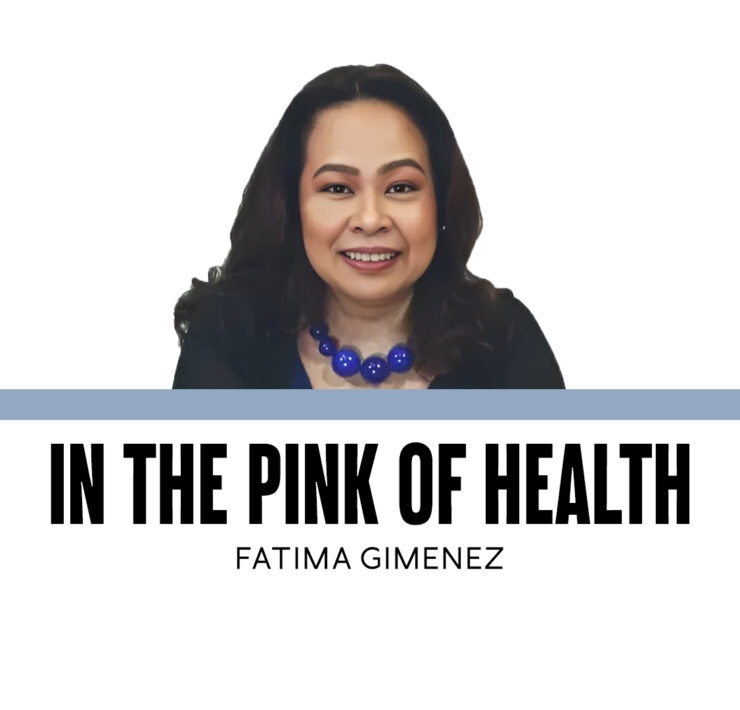Facts first

I was in the employees’ clinic to seek medical clearance after an encounter with a respiratory infection, which took quite some time to recover from. Half-jokingly, my attending physician said that sooner than soon, age will always be a major factor in one’s recovery, and maybe, it was a sign to slow down. After thanking her for the advice, I was about to make my way out when she asked if I was aware that a colleague of ours was being publicly shamed by a media personality who was quite popular with the masses.
He was being berated for charging an amount which, from the beginning, was erroneous. I never had the chance to personally meet him, but I had the distinct privilege of working with him on some of the most complicated and seemingly impossible-to-treat cases, which required calling on a multidisciplinary team. In every situation, regardless of whether the patient was housed in the pay or service ward, he always let his work speak for him. From his expertise, countless patients and their families have benefited, including us, who have been fortunate to learn from him. More than admiration, he has our respect.
From that unfortunate incident came the realization and the urgency that it was time that people be given the facts and the harsh realities of a profession that has the potential to seriously threaten one’s health, even to the point of losing it.
Seeking to compartmentalize the situation rather than going off-tangent, the Oxford dictionary defines the word profession as a “paid occupation, especially one that involves prolonged training and a formal qualification.“ Therefore, a doctor who has rendered his services and earned his stripes has every right to state a fee, much like any other profession, especially if you signified your willingness and consented to being under his care. While it may be coldly classified as a business transaction from our end, how can it be, when we are dealing with human lives?
The truth of the matter is that in the majority of cases, in the final accounting, hospital expenses are the first to be settled. Payment of doctors’ fees takes second or even the last place, and can sometimes feel like an afterthought. But that is just the way it is. We are duty bound and committed to always put the patient first, even at our expense. So please, for those who try to trivialize a doctor’s management, arm yourself with the knowledge that in the field of medicine, what may seem simple never is. There is no book or algorithm, even in the presence of artificial intelligence, that can take the place of clinical judgment. Deciding on a blood test, further diagnostics, a procedure, and administration of an antibiotic or even a life-saving intravenous fluid involves a lot of thinking and let me emphasize, feeling. While this is our job, faced with the harsh realities of living in the present, it can’t be helped that part of our enormous responsibility would also include taking into consideration the financial cost that the family would need to shoulder while pursuing a diagnosis or continuing optimal management for a loved one.
Contrary to what some people may choose or have been led to believe, as doctors, we were never taught that getting that hard-earned MD to our names would be a means to enrich ourselves, nor that our priority would always be centered on finding ways to bring a quick return on investment. What we knew was that, after getting our diplomas, we would have a job that would at least provide us with a decent means of earning a living, and the assurance that we would never go hungry. Best of all, after getting that license, we would have a hand in saving lives. The promise of it was enough to keep us on track and on course.
In the past few weeks, another colleague has been thrust into the limelight. I vividly recall the two occasions that made it possible for me to thank her personally. One was in a local government unit event where both public and private entities were called upon to champion the need to increase coverage rates for vaccine-preventable diseases. The second was after an immunization summit, where she delivered the keynote address. While one of the highlights was the welcome news that we were no longer a country that belonged to the top 10 of having zero-dose children, what was memorable was her factual and well-written speech, which managed to convey an accurate and transparent assessment of the gaps that needed to be filled. Not only was it refreshing and inspirational, it was appreciated because she lent that needed voice to those who didn’t have any.
There is no doubt that my two colleagues can hold their own. What bothers me is the alarming shortage of health-care professionals and the real possibility of losing the young and the bright minds whose idealism of wanting to save precious human lives can easily be extinguished by irresponsible words and actions.
May the events that are unfolding give us room to reflect, and please, make it a habit to fact-check.


















